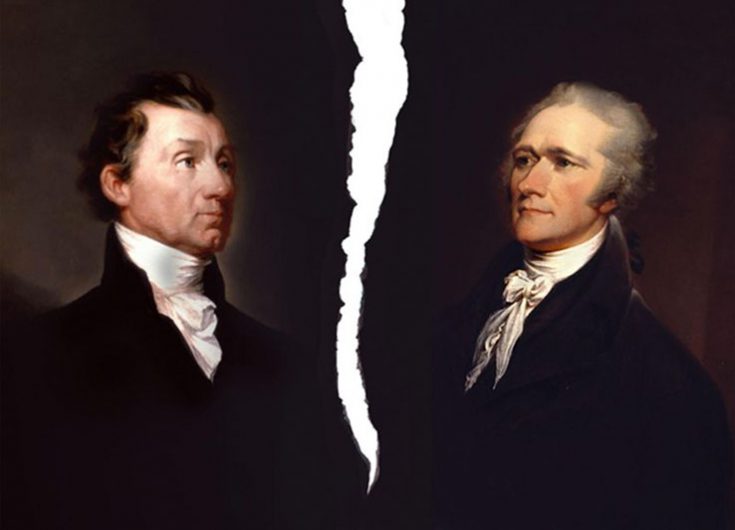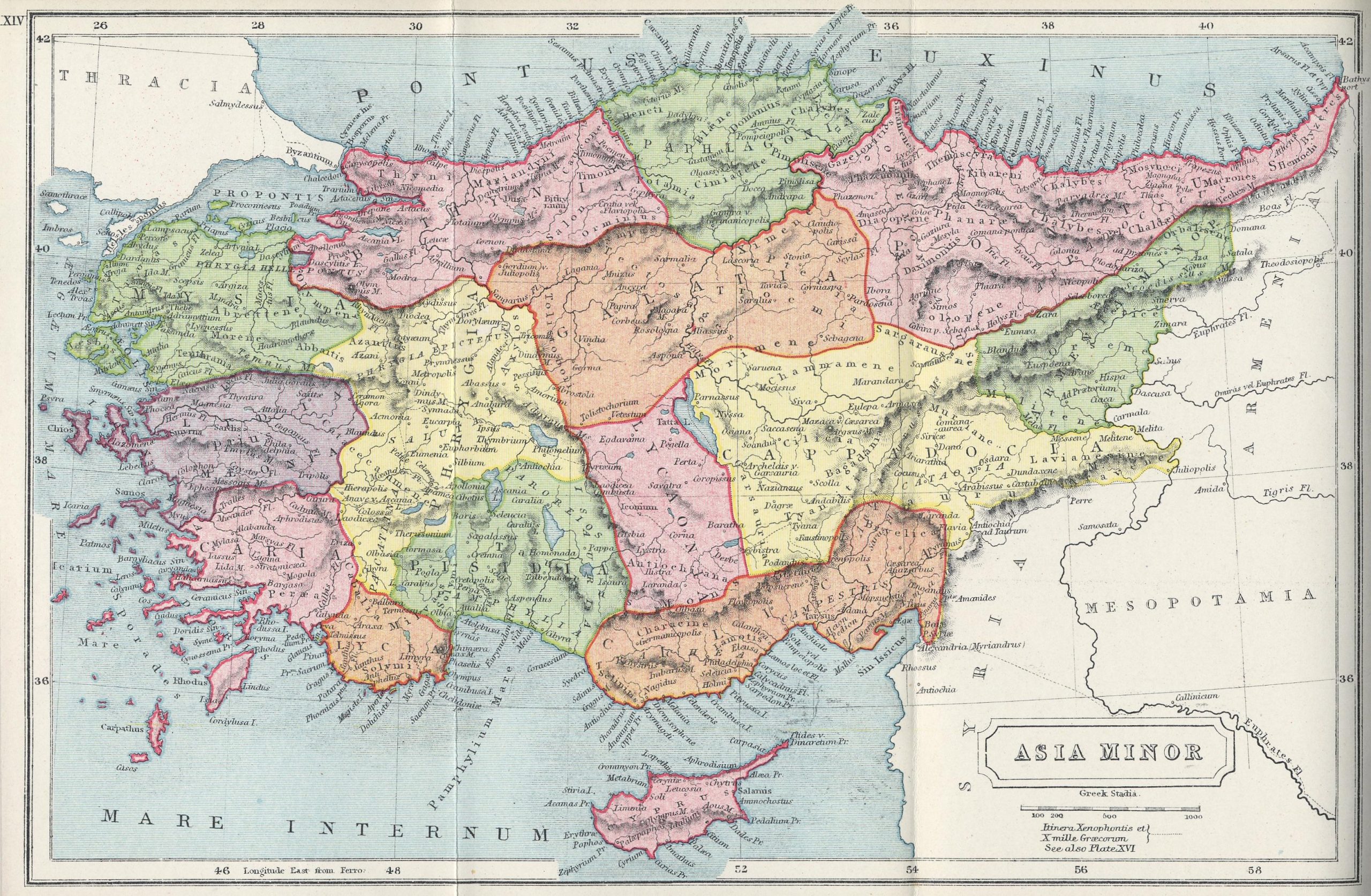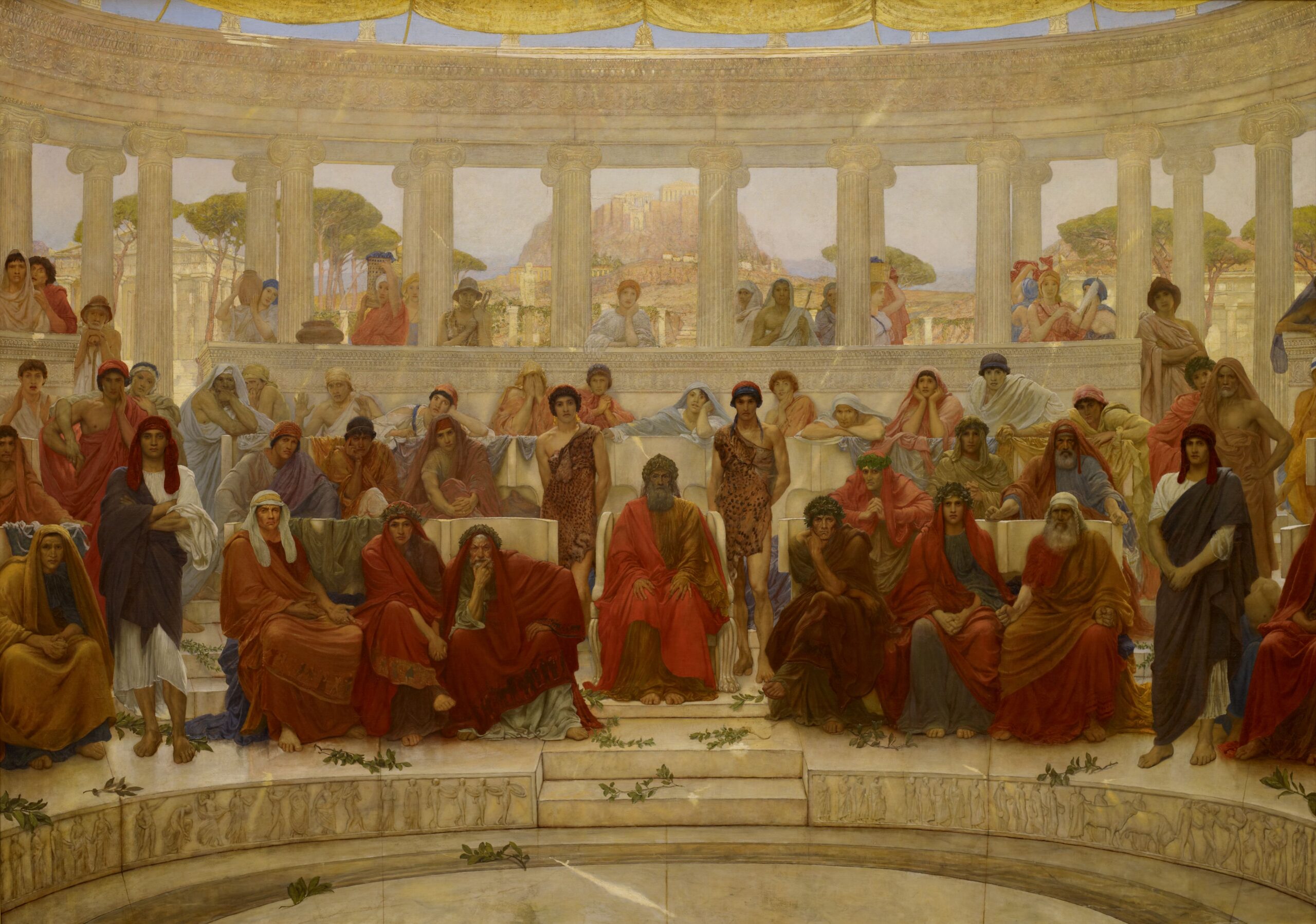Mitchell A. Orenstein, Professor and Chair of the Department of Political Science at Northeastern University, offers the provocative thesis that Vladimir Putin is an aspiring Metternich. At first glance, this seems a rather odd comparison, in temperament and style, certainly. In foreign policy terms, Metternich would seem to be the consummate conservative, wedded to the idea of a stable European balance of power in which Austria could maximize its waning power; Putin, the foreign policy revolutionary, who seeks to kick over the table in order for Russia to maximize its waning power.
Is Putin Another Metternich?
Mitchell A. Orenstein, Professor and Chair of the Department of Political Science at Northeastern University, offers the provocative thesis that Vladimir Putin is an aspiring Metternich. At first glance, this seems a rather odd comparison, in temperament and style, certainly. In foreign policy terms, Metternich would seem to be the consummate conservative, wedded to the idea of a stable European balance of power in which Austria could maximize its waning power; Putin, the foreign policy revolutionary, who seeks to kick over the table in order for Russia to maximize its waning power.




